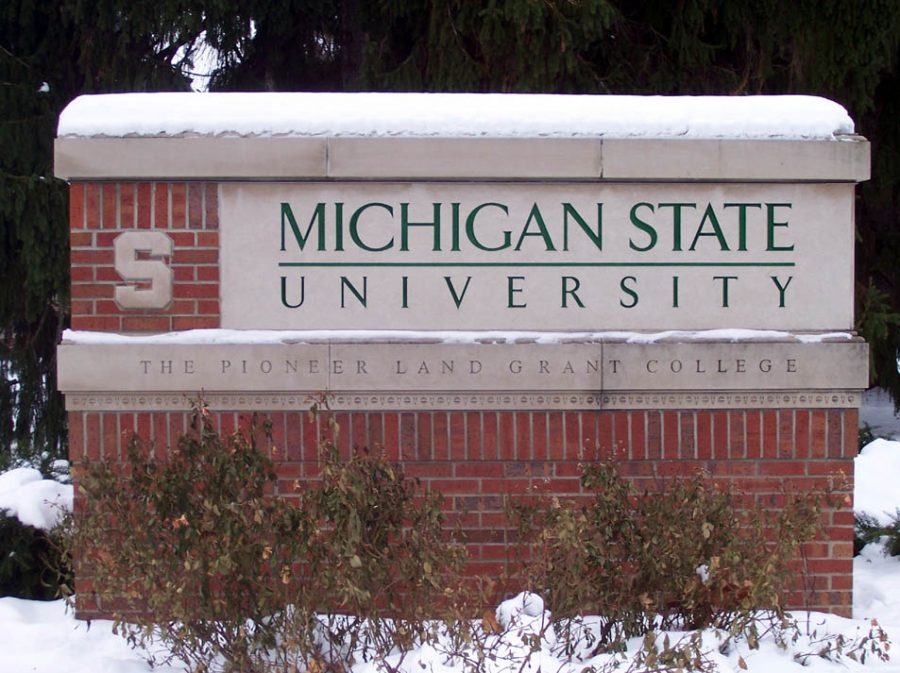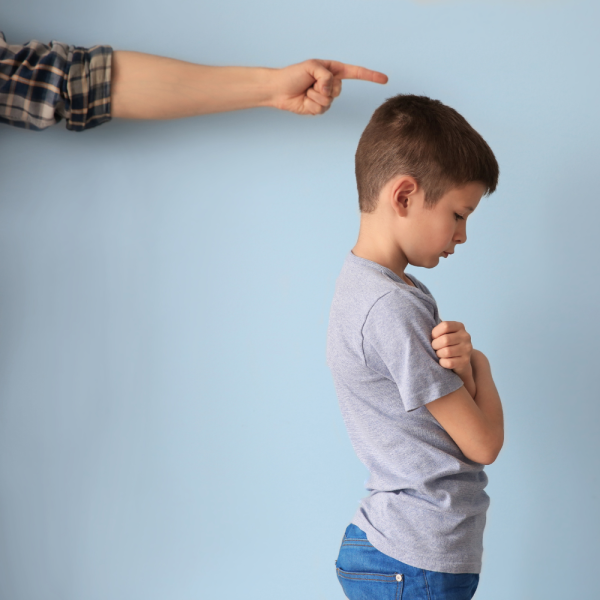MSU Scandal
Anyone who knows me well enough is aware that I’ve been a big fan of Michigan State Athletics for most of my life. I don’t have any connections to the university, and I won’t be taking my talents there to college. However, from a young age, I fell in love with both the football team and the basketball team—not only because they won, but I felt they won the right way.
So when a report by ESPN’s Outside the Lines came out accusing the university of a sexual abuse scandal that extended from the top down to the football and basketball programs, I had mixed feelings.
I’m not breaking any news here, so if you want more context about the situation, go check out the OTL article. The basic premise of the accusations is not unprecedented. Allegedly, multiple instances occurred, and the administration felt the need to cover up events, fearing damage to their reputation.
As a result from the recent Larry Nassar trial, MSU’s name has been tarnished from its involvement. A former MSU and USA Olympic gymnastics doctor, Nassar’s “medicine” consisted of sexual abusing at least 250 individuals over a 25 year period, including U.S. Olympic gymnasts Aly Raisman and McKayla Maroney. The judge presiding the case, Rosemarie Aquilina, spoke of her enjoyment in sentencing Nassar to 40-175 years of prison- on top of a current sentence for 60 years for possession of child pornography.
All said, I’m not a huge gymnastics fan, so I just saw this as another creep using power to his advantage. I have no connection to the situation, so all I can do is be thankful that I have never been in this kind of situation, and pray the legal system serves justice to those who deserve it.
When the discussion turns to football and basketball, that’s my area of expertise. Am I supposed to feel guilty for rooting for a team that may have enabled rapists to walk away unblemished? Former and current alumni of the university ask this same question.
Sports are supposed to be a getaway from society. As fans, we tend to attach ourselves to players as athletes, not as human beings. So when footage is released of Ray Rice punching his wife, or Aaron Hernandez is convicted of being a murder, what are we supposed to do? It’s not about sports anymore. The reality is that athletes are people too, as much as fans like to think of them only in the playing context.
I shouldn’t be as critical because most athletes are probably decent human beings. A good athlete makes commitments, sets goals, and works relentlessly to achieve their goals.. That instills good character. When J.J. Watt raises $37 million for Hurricane Harvey relief, or cancer survivors, like Anthony Rizzo, start foundations for cancer research, we notice and celebrate them for using their platform for positivity. But we also notice the bad actions from athletes, and they often are discussed more at length.
Sexual abuse scandals are not new to college athletics, most notably in cases such as Penn State and Jerry Sandusky, Baylor football, and Louisville basketball. The Baylor football scandal is similar to the current Michigan State one. There were at least 52 alleged rapes from 31 players, prompting resignations from Head Coach Art Briles, Title IX Coordinator Patty Crawford, and Chancellor Ken Starr—just to name a few. The overall dispute was that there was knowledge of sexual assaults in the administration. There were accusations not only that Briles knew of allegations, but made efforts to cover them up.
The OTL report lists six situations with the football team and allegations against former basketball stars Travis Walton, Adreian Payne, and Keith Appling. None of these investigations led to serious penalties, and at this point there isn’t an investigation into the university; however, Athletic Director Mark Hollis and President Lou Anna Simon have already resigned. Football Coach Mark Dantonio said he isn’t resigning and that all matters have been handled properly, and basketball coach Tom Izzo did the same. There isn’t enough evidence yet of a cover up to determine if there is blood on the hands of any of these individuals or the university.
Maybe every allegation is true. Or maybe it isn’t. In a previous article I wrote regarding Roy Moore, I mentioned the importance of allegations because rape is one of the toughest crimes to prove. There has to be enough evidence to incriminate the accused, and often times there isn’t. It can be because the event had no witnesses or no incriminating evidence, or it could be entirely made up. The classic example of this is Duke Lacrosse. Three players were accused by another college student of raping her, in addition to accusations of hate crime because she was black. The entire story was made up, and all three students were let off—thankfully, as their lives would have been ruined by a false accusation.
The situation looks murky right now, but with no incriminating evidence to date, we should hold judgement until the situation plays out. This may turn out to be as bad as the Sandusky case, or it could be a big nothingburger. But until a death day comes, I’ll still support the program. The program has brought a lot of positivity in my life, so I won’t turn on them on the basis of accusations alone. You’ll still see me wearing MSU Basketball shirts around, and I will continue to think of Tom Izzo as a Hall of Fame coach. The current team has Final Four potential with star sophomore Miles Bridges leading the way. Bridges has shown all indications so far that he’s a good kid and won’t have in any of these problems. Most college athletes are good kids looking to play a sport they love and get an education out of it. I hope that perception doesn’t change.





